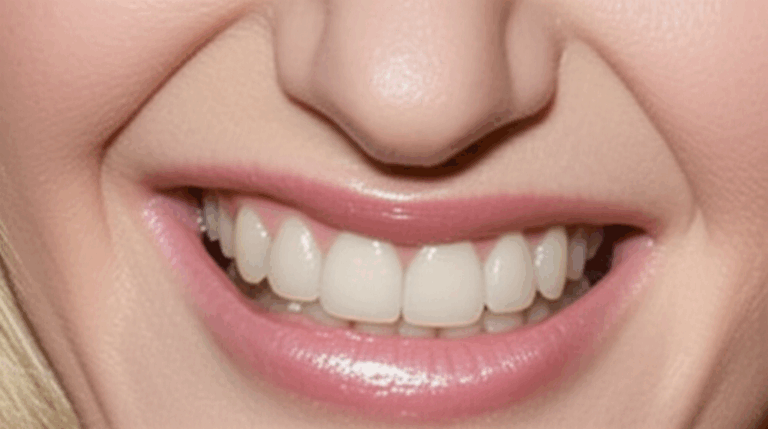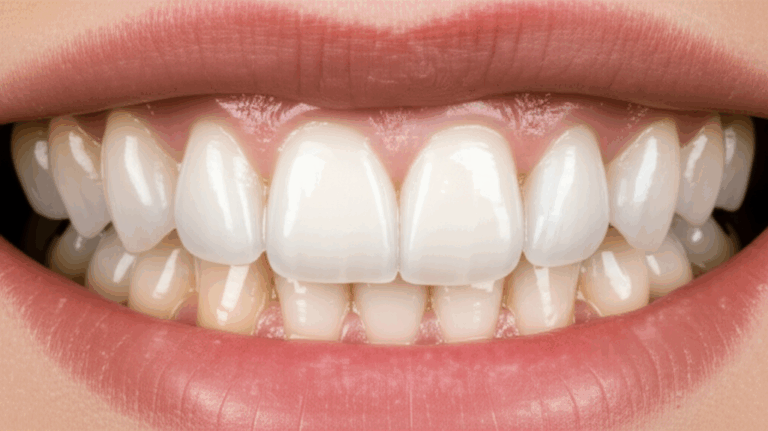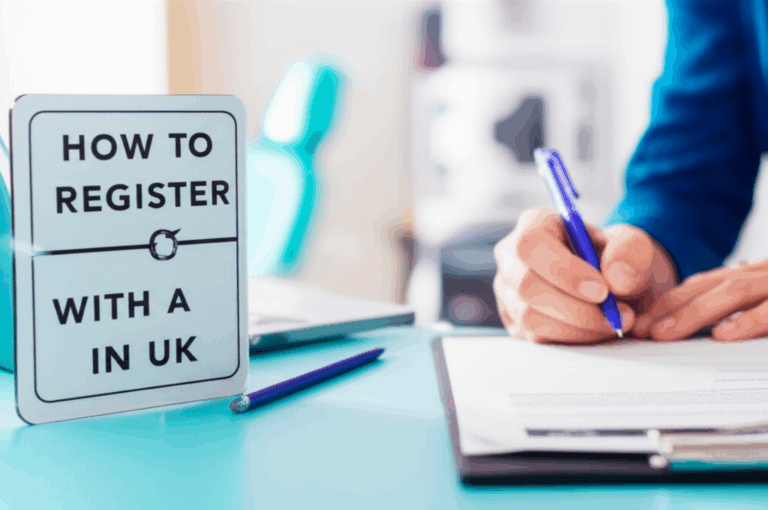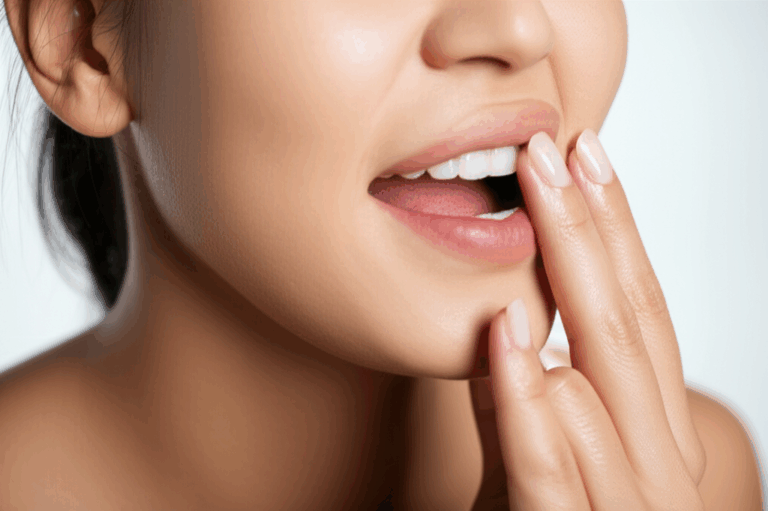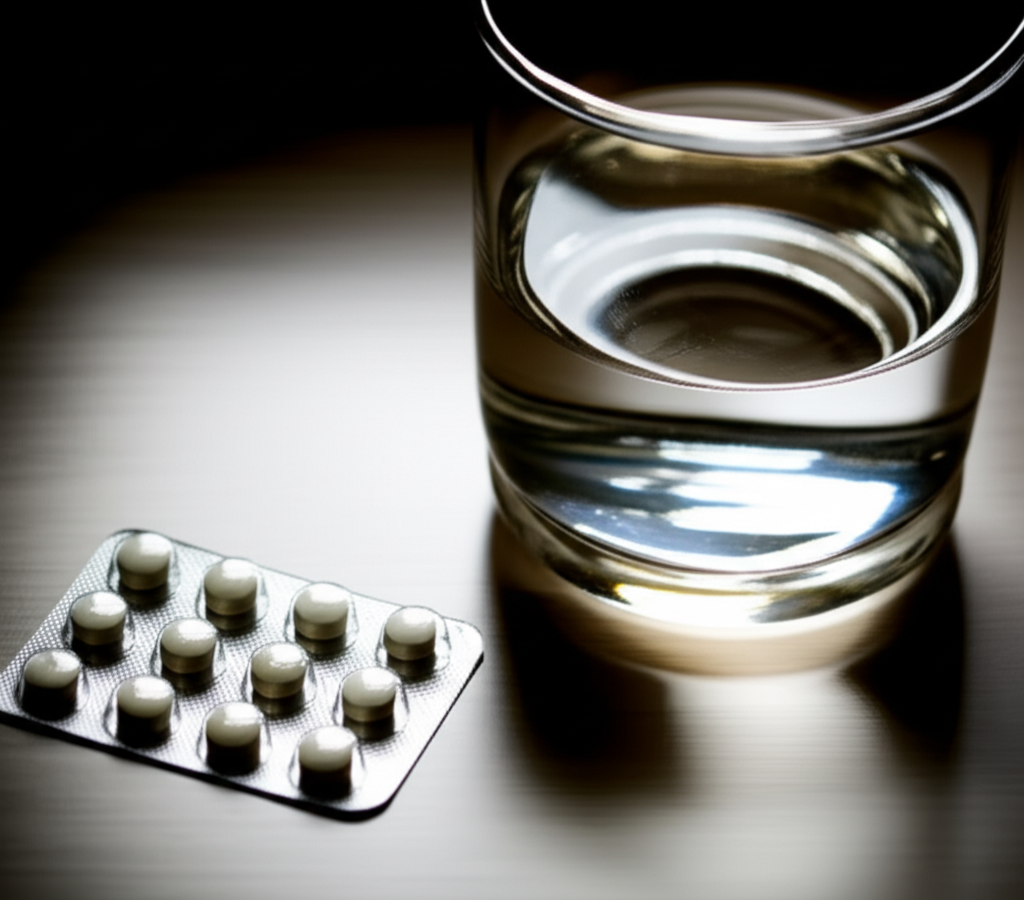
How to Take Diazepam Before the Dentist: A Friendly, Honest, and Complete Guide to Calming Dental Anxiety
by Your Oral Health Companion
That Dreaded Dentist Appointment: “How Do I Calm My Nerves?”
Let’s be honest—most people don’t look forward to the dentist, especially if the sound of a dental drill makes you nervous. If you feel very anxious—or even sense panic—before a dental appointment, you’re definitely not alone. Millions of people share these feelings, which sometimes makes them skip dental care. That can make dental problems worse later on.
If you’re here because your dentist prescribed diazepam (sometimes called Valium) for dental anxiety and you’re a little uneasy about taking it, take a deep breath. This guide will answer any question you have—clearly, simply, and honestly.
We’ll tell you what diazepam is, why it’s used, how and when to take it, what to expect on the day, all the safety tips you need, and talk about other things you could try. Our main goal is that you feel sure and in control of your dental care after reading this guide.
In This Article
- Understanding Dental Anxiety: You’re Not Alone
- Diazepam 101: What It Is and How It Calms You
- Getting a Prescription: The Importance of Personalization
- Figuring Out Your Diazepam Dosage: No Guesswork Allowed
- Timing Your Dose: When (and How) to Take Diazepam
- Pre-Appointment Preparation and Precautions
- How You’ll Likely Feel on Diazepam: Real-World Expectations
- Possible Side Effects and What to Watch For
- After Your Dental Visit: Recovery and Post-Sedation Care
- Alternatives to Diazepam: Exploring Your Anxiety Relief Toolbox
- Is Diazepam Right for Everyone? Who Should (or Should Not) Use It?
- Your Calm, Confident Next Steps: A Takeaway Checklist
- Frequently Asked Questions (FAQs)
Understanding Dental Anxiety: You’re Not Alone
Dental anxiety can feel different for everyone. Maybe you just feel a bit shaky in the waiting room, or you’re so scared you want to cancel the visit. Don’t feel bad; you’re not the only one. Studies show that between around 13% and 36% of people feel anxious about visiting the dentist, and about 3-5% have strong dental fears.
Why do people get anxious? Some remember a bad visit when they were young. Others feel they aren’t in control at the dentist, or feel embarrassed about their teeth, or just get stressed by the sounds and smells in the office. That anxious feeling is real—just like a toothache.
That’s where diazepam can help, giving you a way to get the dental care you need without so much fear.
Diazepam 101: What It Is and How It Calms You
What is diazepam, really? Here it is in plain words:
- The Basics: Diazepam is a medicine in a group called benzodiazepines (this group also has Xanax, Ativan, and some others). Diazepam is known for calming you down, making your muscles relax, and helping with nervous feelings.
- How It Works: Imagine your brain is like a city with lots of busy roads. Anxiety is like a big traffic jam. Diazepam works like a traffic cop, letting calming signals move better, thanks to a brain chemical called GABA. The final result? You feel calmer, and things don’t seem as scary or fast.
Why use it for dental anxiety?
Dentists give diazepam to people who need a little extra help to make it through an appointment. It doesn’t put you to sleep totally (not like being knocked out for surgery), but it helps you stop feeling so scared so you can get the care you need.
- Common Brand Name: Valium (the cheaper, generic one works just as well).
- What it’s NOT: Diazepam isn’t “laughing gas” (that’s nitrous oxide) and it’s not anesthesia. You stay awake, you can answer questions, but you notice you’re much more relaxed.
Getting a Prescription: The Importance of Personalization
Thinking of taking some old Valium you find at home before a cleaning? Don’t! Here’s why a real prescription from your dentist is a must:
- We’re All Different: Your size, age, how panicky you feel, your other health problems, and any allergies or other pills you take all help decide what’s safe for you.
- Your Dentist or Doctor Knows Best: Only a medical pro like your dentist or doctor should say if diazepam is right for you and how much you should have.
- Why Your Health Background Matters: Some drugs can cause real problems when taken with diazepam. This includes alcohol, painkillers, certain antidepressants, or if you have any breathing or liver problems.
- The Law: Diazepam is a controlled drug for a reason. Taking it wrong is risky and against the law.
Bottom line: Always get your prescription from a real health care provider. Don’t share medicine, and don’t guess at advice.
Figuring Out Your Diazepam Dosage: No Guesswork Allowed
There’s no “one-size-fits-all” rule for how much diazepam you should take. Here’s how it works, nice and simple.
What Doses Are Typical?
- Adults: Most dentists use 2mg, 5mg, or 10mg pills for dental fear.
- Your Dentist Will Choose: The right dose depends on how nervous you are, your age, your size, your other health problems, and how big or long your dental treatment will be.
- Start Small: Dentists usually begin with a smaller dose—only more if you need it.
- Don’t Take Extra: If you don’t feel different, still don’t take more unless your dentist says so. Too much is unsafe.
Quick idea:
If you’re going on a long road trip, too little gas means you’ll run out before you get there. Too much and your car breaks down. The right amount means a calm, easy trip.
Timing Your Dose: When (and How) to Take Diazepam
When you take your pill is as important as how much you take. Here’s what you need to know:
When Should You Take It?
- Usual Plan: Take your dose about 30-60 minutes before your dental appointment.
- Why? It takes around 30-45 minutes to start working. You feel the full effect in about an hour to an hour and a half.
- How Long Does It Last? The calming feeling lasts 4-8 hours. You might feel strange for up to a day.
- Practice Dose? Sometimes your dentist may let you try a “dry run” at home to see what it feels like. Never do this when you’ll need to drive.
How to Take It
- With a Little Food or Not: Most people take the pill with a sip of water, and you can have a light meal if you want. Skip heavy or greasy food, it can slow down the medicine.
- No Alcohol: Don’t drink for at least a day before and after—the combo can be very bad for you.
- Follow the Time: Take your medicine when your dentist says, not before or late.
Pre-Appointment Preparation and Precautions
Popping the pill is just part of the plan. Being set up and safe makes everything smoother. Here’s a simple checklist:
1. Get a Ride
Don’t drive. Period. Your reactions—even if you “feel fine”—are slower and your thinking is fuzzy. Bring a friend, a family member, or use a ride service. Someone should stay with you a few hours after, too.
2. Light Eating, No Booze
- Have a small, plain meal 1-2 hours before your medicine.
- Stay away from rich or fatty foods that keep the pill from working as fast.
- Don’t drink any alcohol—including the night before or after. It makes the medicine much riskier.
3. Tell Your Dentist Everything
Bring a full list of any pills, vitamins, or herbs you’re taking. Tell them if you have:
- Breathing problems (like asthma or sleep apnea)
- Liver or kidney issues
- Any problems with drug allergies or addiction
Be fully honest. It’s all for your safety.
4. Dress for Comfort and Prepare Ahead
- Wear easy, comfy clothes.
- Use the bathroom before taking your pill.
- Bring things that help you relax, like headphones or sunglasses.
5. No Other Sleepy Pills or Drugs
Unless your dentist says, don’t mix diazepam with painkillers, sleeping pills, or other drugs that make you sleepy.
6. Ask Questions Early
Worried or unsure? Call and ask your dental office. There’s no dumb question about your health.
How You’ll Likely Feel on Diazepam: Real-World Expectations
So, what does it really feel like after you take diazepam? Most people say:
- Calm and Relaxed: Your nerves go away and you don’t stress about all those dentist noises.
- Sleepy: Many people feel tired or even drift off in the chair.
- Forgetful: You might not remember much of the visit, which actually helps a lot of nervous folks.
- Slower Moves: Walking or talking can feel heavy.
- Still in Control: You’re awake and can answer questions or ask for help.
Is this normal? Yes! Studies say most people who take diazepam for dental worry felt “much calmer,” and nearly 80% could barely remember their appointment—which makes future trips feel less scary.
Possible Side Effects and What to Watch For
Every medicine, even helpful ones, can have side effects. Most people handle diazepam just fine, but here’s what to watch for:
Common (Usually Not Serious) Side Effects
- Feeling drowsy
- Dizziness or lightheaded feeling
- Blurry vision
- Unsteady or wobbly feeling
- Dry mouth
All these tend to improve as the medicine wears off and aren’t dangerous if you follow instructions.
Less Common (But More Serious) Problems
- Trouble remembering or confusion
- Rarely, feeling jumpy or hyper instead of calm
- Breathing too slowly or shallow
- Allergic reaction (rash, swelling, itching, having trouble breathing)
When to Get Urgent Help:
- If you can’t wake up, have trouble breathing, very confused, or have chest pain
- If you get a bad allergic reaction
If you aren’t sure, it’s always safest to call your dentist or get help.
After Your Dental Visit: Recovery and Post-Sedation Care
You did it! But your day isn’t finished as soon as you leave. Here’s how to recover safely:
What Will Happen
- You’ll likely feel tired or slow for several hours—maybe even the rest of the day.
- Don’t plan to run errands, work, or do anything tough for a day.
Your After-Visit List
- Keep Your Support Person With You: Don’t be alone until you feel totally normal.
- Rest: Take it easy. Catch up on sleep or relax with a book or TV.
- Don’t Drive or Make Big Choices: Wait at least 24 hours after your dose for things like driving, work, or making important calls.
- Start Simple: When you eat, begin with water or juice and easy food.
- Follow Any Dentist Advice: Especially about pain pills, eating, or brushing.
If you feel crazy tired, sick, or just “off,” call your dentist right away.
Alternatives to Diazepam: Exploring Your Anxiety Relief Toolbox
Diazepam isn’t your only choice. Everyone’s different, and some people do better with something else. Here are some:
Other Medical Sedation Choices
1. Triazolam (Halcion):
Another relaxing pill that doesn’t last as long—sometimes used instead of diazepam.
2. Nitrous Oxide (“Laughing Gas”):
Breathed in at the dentist. Wears off quickly, so you might be able to drive home.
3. IV Sedation:
Medicine put right into a vein—works fast and makes you even calmer. Used for longer or harder treatments.
Non-Medication Ways
- Cognitive Behavioral Therapy (CBT):
Helps you slowly fix the way you think about the dentist. It works very well for lasting dental fear.
- Relaxation Tricks:
Breathing deep, relaxing your muscles, or listening to calming music help lots of people.
- Hypnosis or Virtual Reality:
Some folks find these handy as extra tools.
What’s best?
Talk honestly with your dentist. A good dentist wants you to feel safe and happy, not rushed or bossed around.
Is Diazepam Right for Everyone? Who Should (or Should Not) Use It?
Diazepam is super helpful for many, but not everyone can use it. Watch out if:
You Usually Should NOT Take It If:
- You have bad lung or breathing problems (like severe sleep apnea or bad COPD/asthma)
- Serious liver or kidney disease
- Problems taking benzodiazepines in the past
- Using alcohol, heavy painkillers, or some depression drugs already
- You’re pregnant or breastfeeding (only use if there’s no better choice)
- You’ve struggled with addiction
Extra Warning
- Kids or Older Adults: Needs special care on dose. Young children and older people are extra sensitive.
- Lots of Health Issues: May need a specialist’s help.
- Worried About Habits?: Diazepam should only be taken before dental visits, not all the time.
Always tell your dentist everything about your health and history. It’s best for your safety.
Your Calm, Confident Next Steps: A Takeaway Checklist
Here’s your simple list if your dentist gives you diazepam for your visit:
- Ask your dentist or doctor about everything: Never guess, and don’t share pills.
- Take as you’re told: Usually 30-60 minutes before, with a little water.
- Get a ride: Do not drive, bike, or walk home alone.
- No alcohol or extra sleepy pills: Not for at least a day before and after.
- Eat lightly: Unless your dentist says something else.
- List all medicines or supplements: Even herbs or over-the-counter stuff.
- Bring a friend or family member: Safety and support.
- Rest afterwards: Don’t make big plans that day.
- Ask questions: Reach out if you don’t understand something.
- Think about other choices: If pills make you worried, speak up—there are other ways to feel better.
- Keep your mouth healthy: Brushing and regular care means less work and hopefully less worry later.
Frequently Asked Questions (FAQs)
Can I drive if I feel fine after taking diazepam?
No. Even if you “feel okay,” your body isn’t ready. Driving on diazepam is as dangerous as driving drunk and just as illegal.
Can I take my usual medicines with diazepam?
Maybe. Some pills (like opioids, sleeping tablets, or muscle relaxers) don’t mix well. Tell your dentist every single medicine, herb, or vitamin you use.
What if I miss the dose or take it late?
Call your dental office. Don’t double up, and don’t try to guess or make up the missed dose.
Could I get addicted to diazepam?
Not from taking it once for the dentist, as long as your dentist is watching over things. Using it too often or at high doses can be a problem.
Will I remember my visit?
Maybe not. Many people remember little or nothing from their visit, which is actually helpful for folks who are scared.
Are there other ways to cope with dental fear?
Absolutely! There’s therapy, apps, calming music, helpful dental teams, and all sorts of new dental tech. If you’re curious, check out a china dental lab, a digital dental lab, or learn about dental ceramics lab services to see how modern dental care can be easier and more comfortable for you.
Your Healthiest Smile Starts With Confidence
Dental worries can be tough, but they don’t have to stop you from having a healthy smile. With safe medicines like diazepam, know-how from your dental office, and a good plan, you can get back in control.
Don’t forget:
- Speak up—share your worries with your dentist.
- Stick to all directions they give you.
- Get help or ask questions if you aren’t sure—no shame in that!
Getting over dental fear starts by talking to your dentist. You can do this!
Sources:
- American Dental Association (ADA)
- Studies on dental anxiety and dental sedation
- Patient surveys and medicine guidelines from the FDA and medical books
This article shares general ideas. Always follow your own dental team’s advice for you personally.

